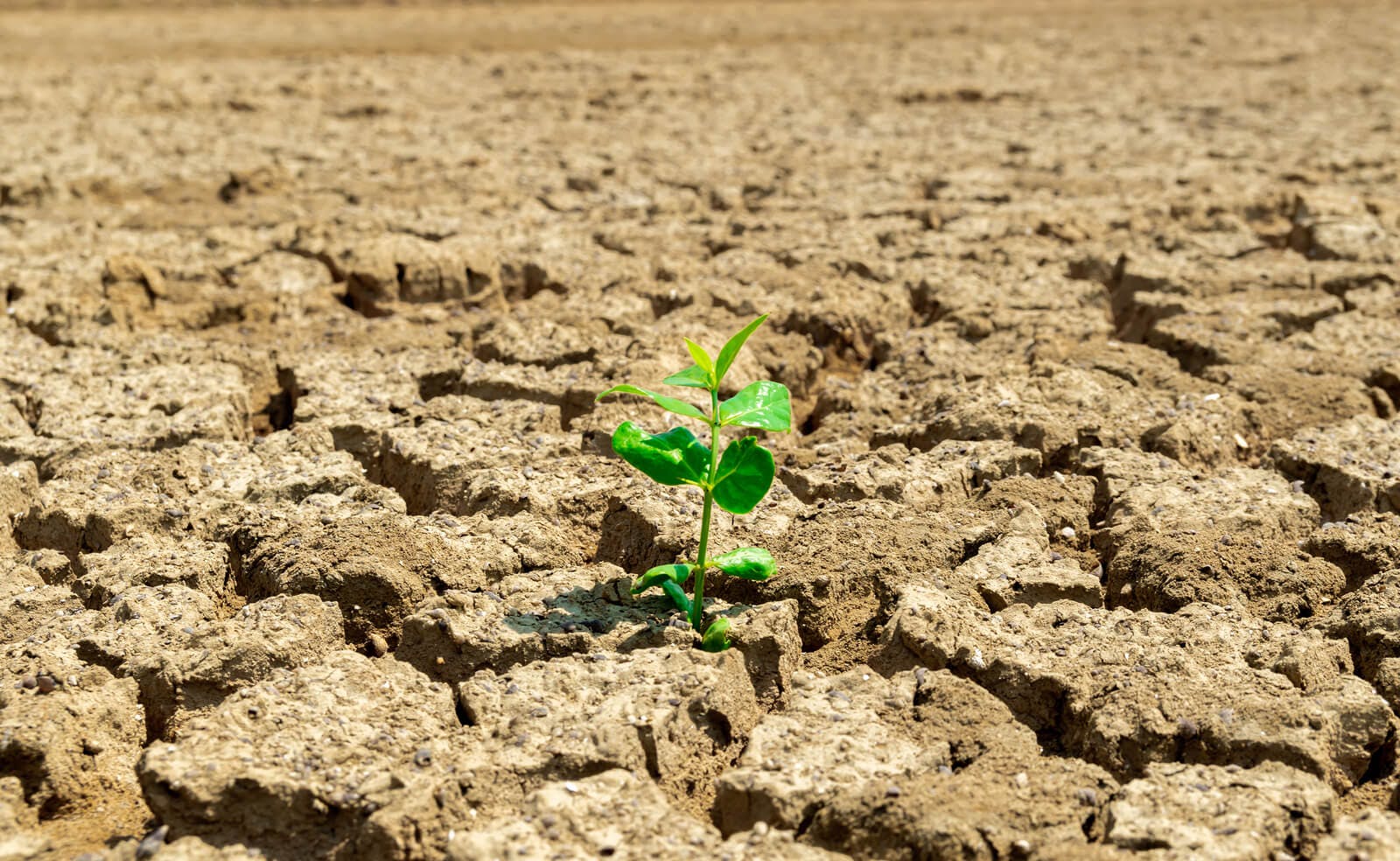
Overcoming Abiotic Stress: Crop Inputs Are Vital To Drought Stress Management
When placed under extreme abiotic stress, crops initiate self-preservation mode. They decrease transpiration and photosynthesis, and instead store water and vital nutrients in more essential parts of the plant. Though the plants now have a better chance of survival, their decreased growth and productivity can affect growers’ profits because the size, quality and yield of crops dwindle under stress.
The good news is that using the right inputs can improve crop stress tolerance and sustain profitability in the face of challenging growing conditions, especially if growers apply Acadian Plant Health™ seaweed extract products to their soil.
MORE DROUGHT ON THE HORIZON
The uncertainty of water supplies is increasingly becoming norm for growers everywhere. In fact, the Food and Agriculture Organization has found that the area of the world regularly affected by drought has doubled over the last 40 years.
Even regions known for their high-quality soil and once abundant yields (e.g. California, Thailand and Australia’s Murray-Darling Basin) are teetering back and forth between drought conditions. If left unchecked, these extreme weather conditions could constrain local and global food security.
More than just threatening specific regions, droughts are hurting the growing resilience of certain crops. Wheat growers have been hit particularly hard; it is estimated that 60% of the world’s wheat-growing areas will suffer from “simultaneous, severe, and prolonged drought.”
Other crops, such as notoriously thirsty almonds or rice, face pronounced threats as annual rainfall drops, water reservoirs shrink, and soil grows parched. Frankly, most plants will struggle under drought conditions – unless they have the necessary resources to maintain healthy growth and produce acceptable yields with marketable quality.
THE RIGHT CROP INPUTS FORTIFY AGAINST DROUGHT
Though there is no universal remedy, research has shown that plants given certain nutrients and bioactive compounds fare better than those grown without these novel crop inputs.
Here’s an example. When plants are able to produce the amino acid proline, their cell walls are stronger, and they are able to retain more water. During a drought, this is not only essential for survival, but for the ability to maintain growth and produce the desirable physiological traits that consumers want. Yet if the root systems of plants shrink to conserve resources, it becomes much more difficult for plants to absorb the nutrients necessary for amino acid production.
In trials conducted at the Dr. James S. Craigie R&D Center, researchers observed that wheat seedlings treated with Acadian Plant Health™ products saw a 103% increase in root length over the control group. This provided them with a strong foundation to access nutrients and water, helping to maintain their resiliency in drought scenarios.
Want another example? Try mannitol. Plants that have access to this vital alcohol sugar are able to regulate their hydration and overall health during normal and stressful conditions. This is essential because plants are predisposed to close their stomata and lower their photosynthesis during drought stress, attempting to survive as best they can. This improves their water retention but negatively impacts their growth. Crops receiving a helping dose of mannitol from Acadian seaweed extracts are better at maintaining their natural functions and their seasonal yields.
We have observed improved drought resistance of many crops when Acadian Plant Health™ seaweed extract was added to a crop program. We have seen improved root growth, which improves access to water in the soil, lessens wilting, and allows for better recovery from drought stress. In a University of Florida trial on Hamlin Sweet Oranges, water use efficiency under drought conditions was almost 16% higher in Acadian Plant Health™ treated plants compared to the grower control.
Acadian-treated crops receive the nutrients and bioactive compounds needed to increase their root systems and optimize their water management in ways that help them to thrive in spite of abiotic stress. By priming plants for drought, we reduce the need for drastic self-preservation and allow them to overcome the challenge.